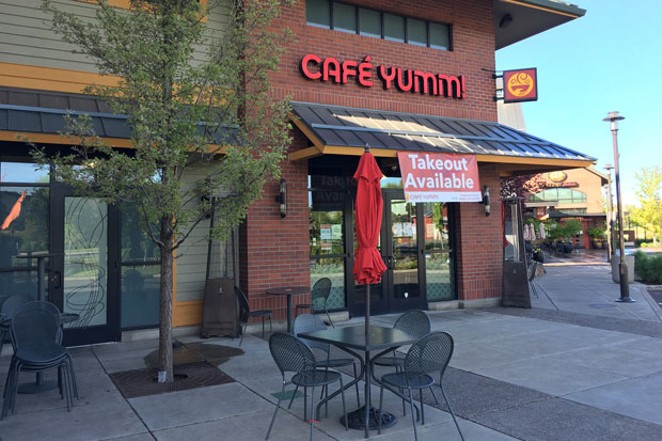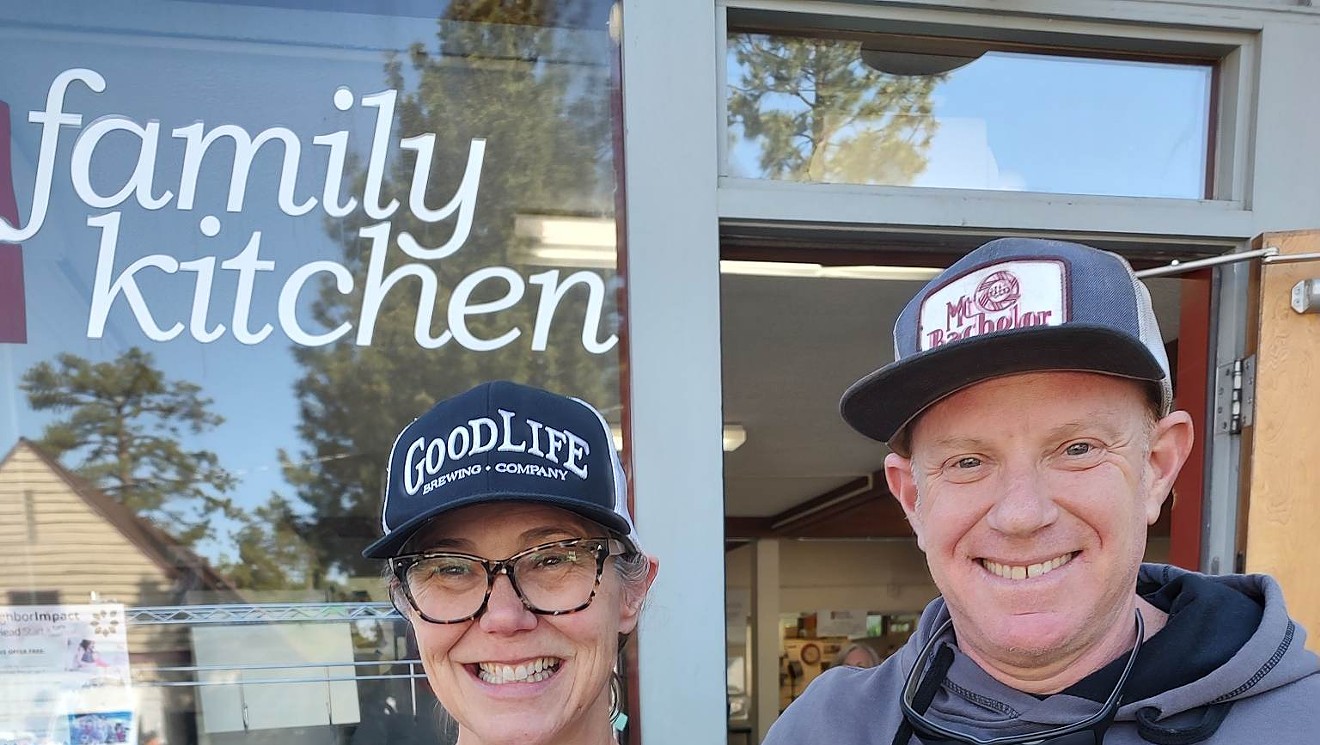Restaurants have faced some of the most devastating challenges since the coronavirus hit: Gov. Kate Brown closed down table service altogether, and now that it's back and in Phase One, restaurants have to adhere to strict regulations. On top of that, they must now try to lure their employees back—many of whom have grown content on the livable wage provided by unemployment insurance.

Karli Foster opened Café Yumm in the Old Mill District 14 years ago and survived through the Great Recession, eventually expanding operations to a new restaurant near St. Charles Bend off NE Cushing Drive.
"I love serving customers," she said. "To walk into empty restaurants for the last five weeks was depressing, a very different energy; it's been very challenging."
She closed down both stores completely on March 29, but kept in close touch with her employees. About two weeks before her reopen date, she invited her staff back to work. Only 11 out of 30 employees wanted to return, even though they were given the choice of schedule and hours.
The problem? Over half of employees in the U.S. are making more on unemployment insurance right now than they made at their job. Due to a provision in the federal government's CARES Act, they receive an additional $600 a week on top of their UI benefit.
Coincidentally, Foster set up an in-house online ordering system and signed a contract with the third-party delivery service, Grubhub, right before the coronavirus hit. Grubhub charges both customers and the restaurant itself for each item ordered.
"People were asking for [a delivery option], especially during coronavirus when people don't want to leave their houses," she said. "We do contactless service with our own curbside delivery, so I hope people will take advantage of that if they don't want to pay the higher prices."






















